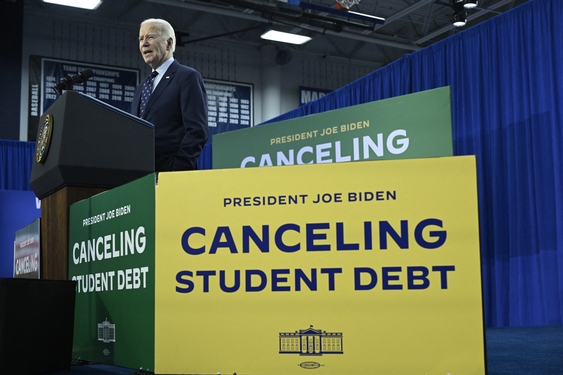This election cycle, campaigns are making much larger staff and financial investments in social media marketing, said Michael Beach, a co-founder of the Republican digital-strategy firm Targeted Victory.
“It’s night and day different” from 2008, Beach said in explaining the importance of Facebook now.
Beach estimated that the average campaign spends about 25 percent of its budget on online strategy, and while he thinks the amount will increase as it gets closer to Election Day next November, the percentage will not. The online strategies will be strong supplements to traditional outreach such as get-out-the-vote campaigns and TV spots, but won’t replace them, according to Pew Research Center researcher Aaron Smith.
Consultant Josh Koster, a managing partner at Chong and Koster, a progressive digital-media communications firm, said campaign budgets used to be about two things: raising money and spending it on TV.
But this year’s budgets reflect today’s new media market as more Americans go to the Internet for news. This is the first major election cycle that online strategy is receiving a large media budget for advertising, Koster said.
Facebook and Google are the two most popular places for big ad buys, he said.
This year, Facebook implemented stronger ZIP code targeting, Koster said, and that’s changed the game. ZIP code targeting will become important during persuasion pushes for casual supporters closer to the election.
As of May, 60 percent of all U.S. adults and 76 percent of U.S. adult Internet users are on Facebook, according to the Pew Research Center.
ZIP-code targeting for ads allows even “dogcatcher” races to become visible and contested, Koster said. Leading up to November 2010’s midterm elections, 22 percent of adults online used social networking sites such as Facebook to connect with campaigns or learn about the election, according to Pew.
Facebook remains a key platform for candidates because of the sheer volume of messages they can send. While email campaigns are restricted by the number of emails they can send to supporters before becoming invasive, Facebook lets the candidates reach voters several times a day, Beach said.
“Facebook and social media make it much easier to organize to raise money and to engage supporters because successful campaigns ultimately are about social organizing,” said Andrew Rasiej, a co-founder of techPresident, a blog that covers how candidates use Web technology.
“If a political conversation is happening on Facebook, then to be able to donate where the conversation is happening is key,” he said. Facebook has created a new page for the 2012 election to curate campaign information: Facebook.com/USPolitics.
-FACEBOOK SUPPORTERS AS OF DEC. 6:
- Barack Obama: 24,243,220
- Mitt Romney: 1,207,592
- Ron Paul: 612,210
- Michele Bachmann: 272,405
- Newt Gingrich: 205,351
- Rick Perry: 171,468
- Rick Santorum: 34,171
- Jon Huntsman: 26,949
(The Medill News Service is a Washington program of the Medill School of Journalism at Northwestern University.)



